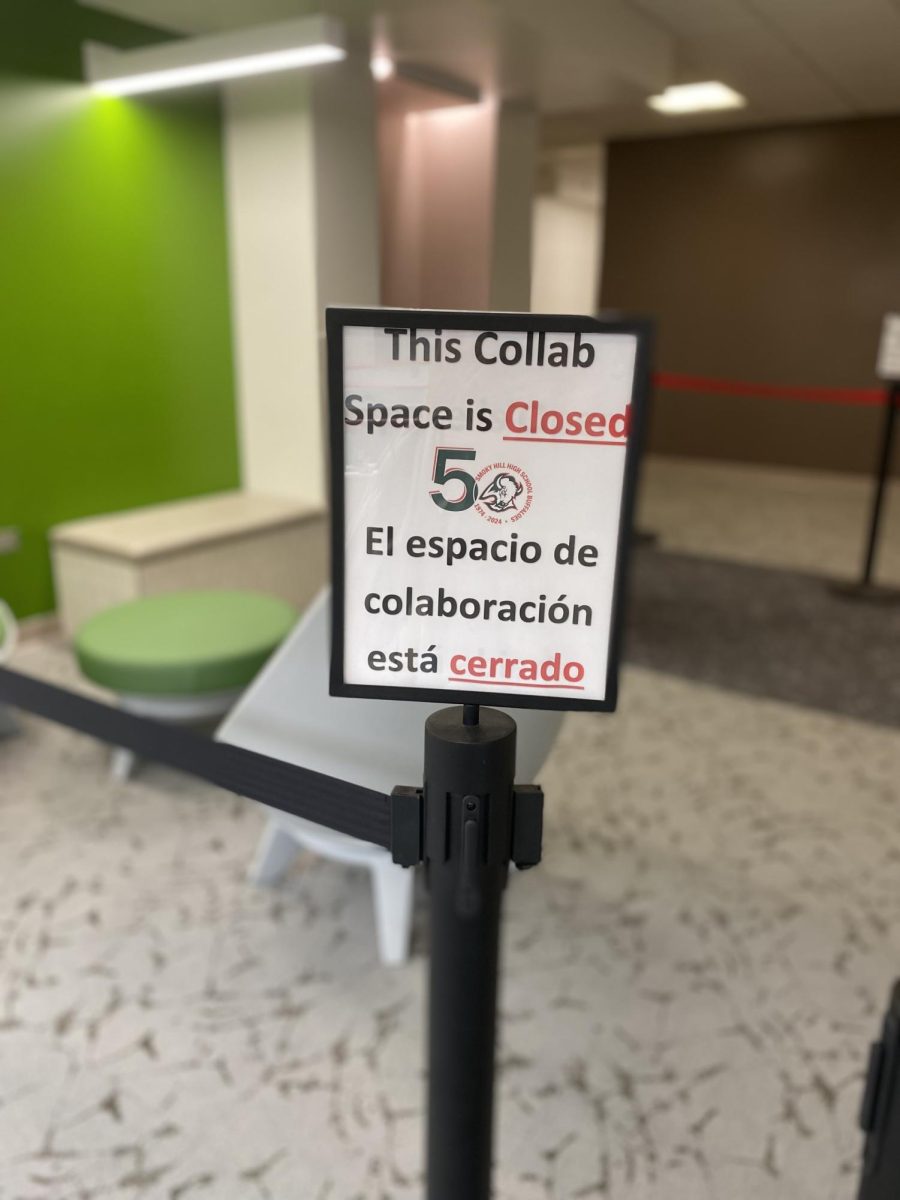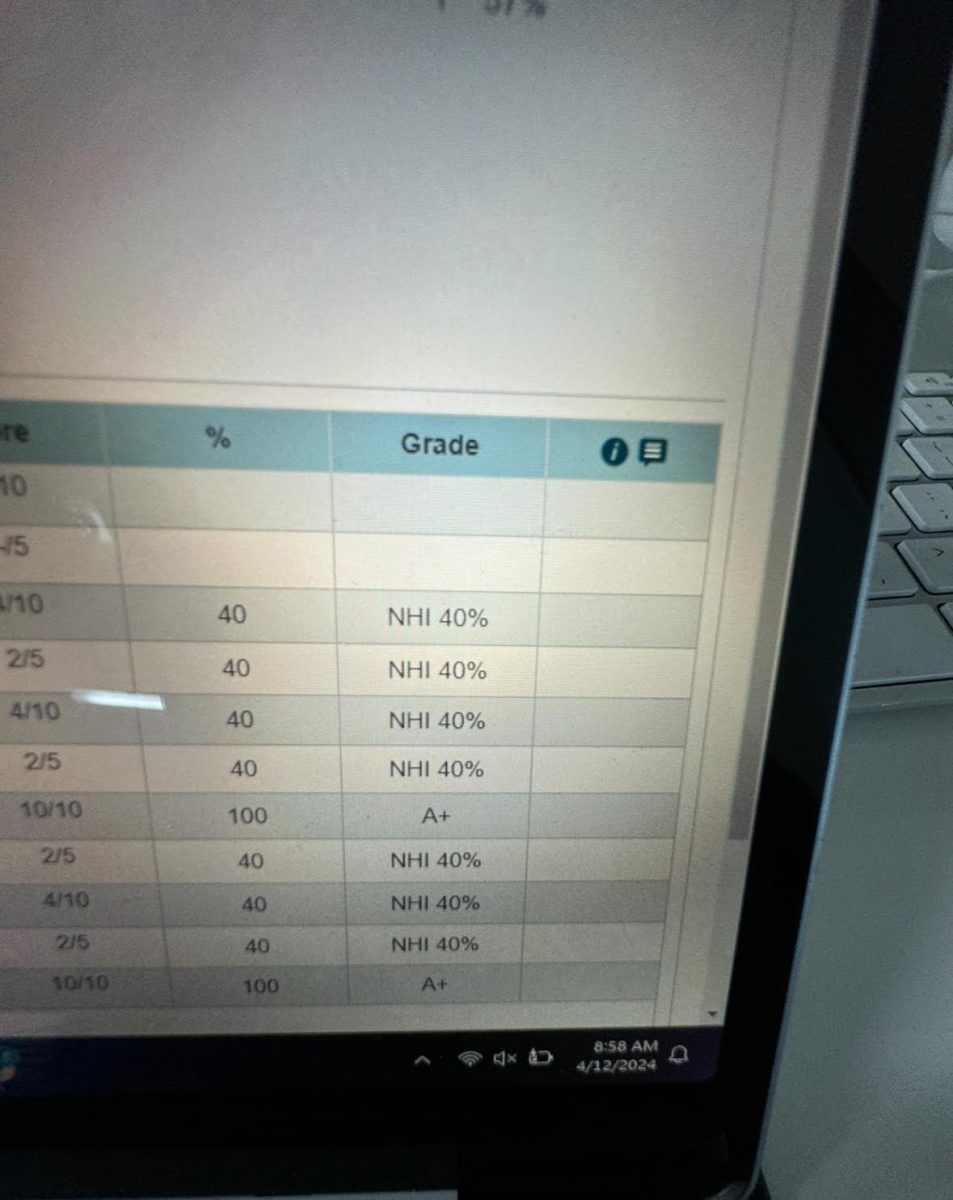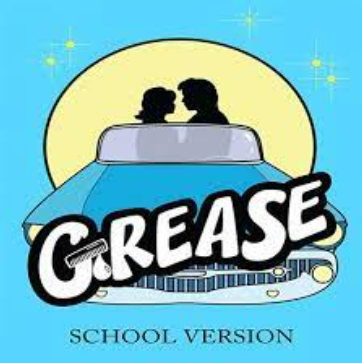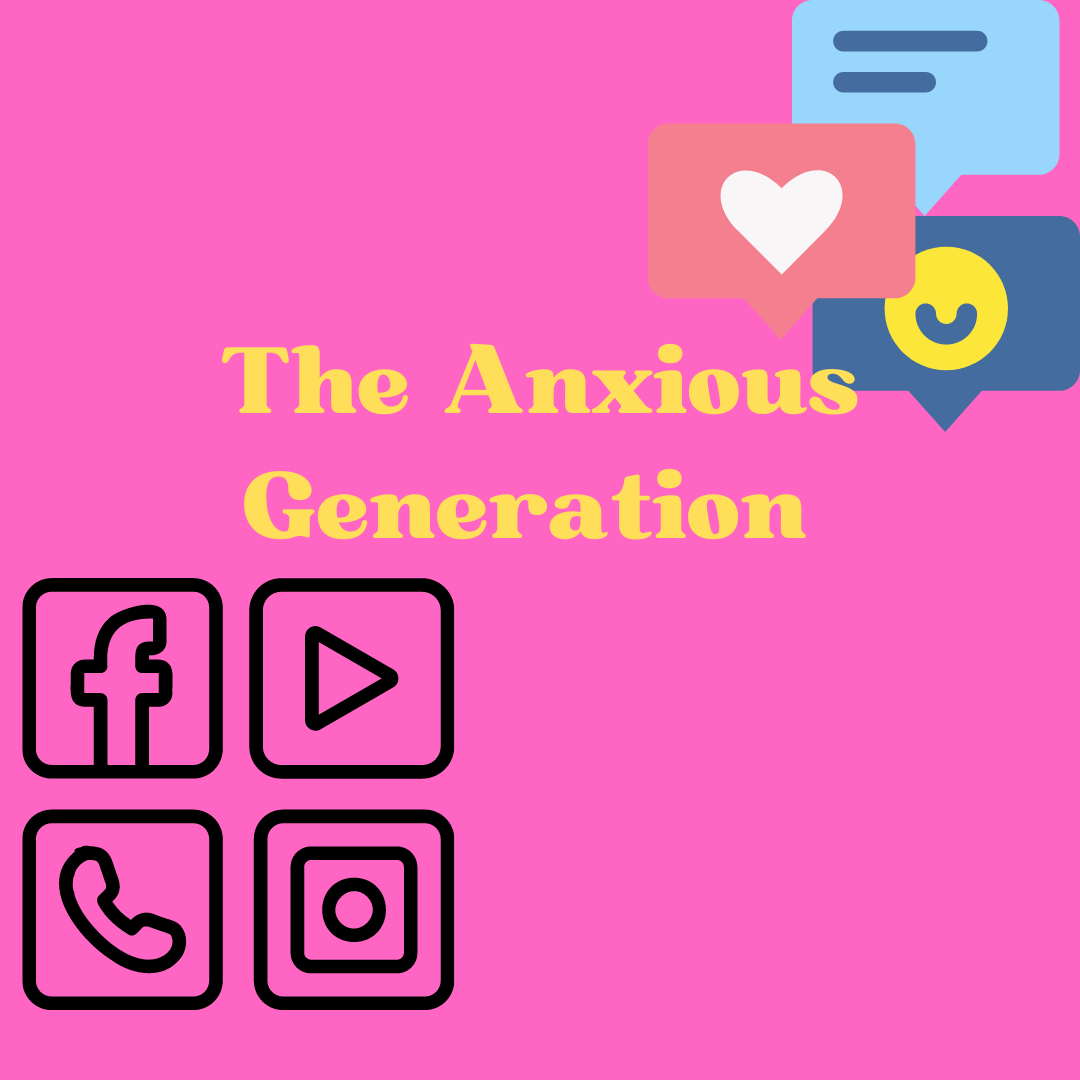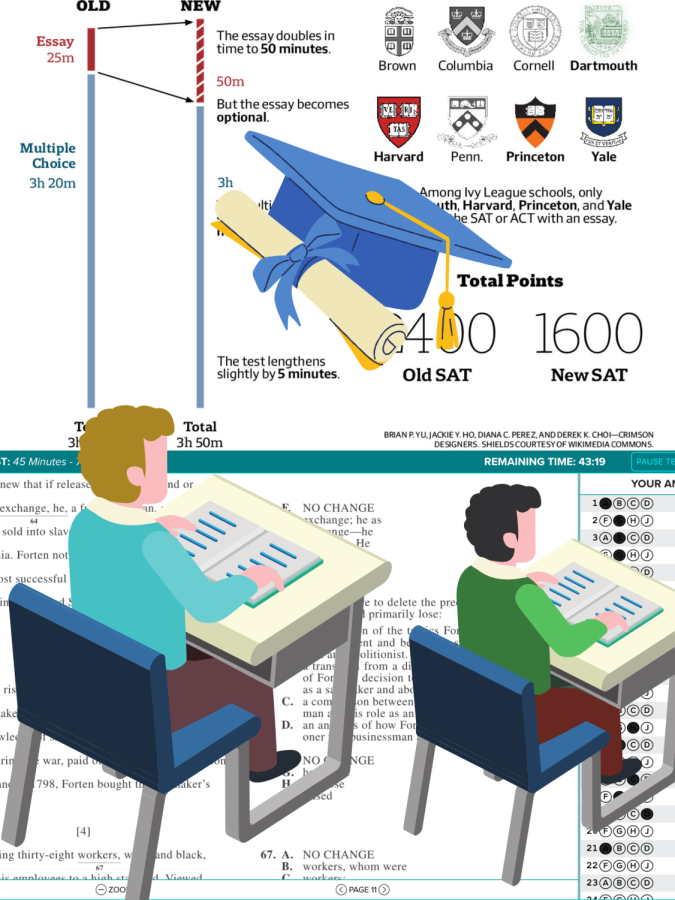OPINION: Standardized Testing Should No Longer Be Used
Tests like the SAT and ACT may not be the best way to determine student intellect or college readiness
May 1, 2022
Since 1900, standardized testing has been an active part of the educational process. But have schools considered that such a long-lived practice, which has been barely changed since its institution more than a century ago, could be outdated?
The procedures for these tests are extremely intense and according to the National Bureau of Economic Research can negatively affect test scores, with stress levels rising by about 15% when taking these exams and dramatic rises in cortisol levels, the body’s main stress hormone, possibly leading to a drop in focus, memory, and task execution ability. From the instructions that don’t allow you to even open your testing booklet until the test starts, to the extremely strict time limit, the anxiety that these tests provide may be undermining the accuracy of the results.
According to the Adirondack Daily Enterprise, these tests do not take into mind the differences between individuals’ cognitive thinking skills and disregard personal theories and thoughts made by takers, which can create an environment that fosters a lack of critical and imaginative thinking and negligence of different types and levels of learning, which ends up harming students in the future.
Standardized tests are designed to accurately determine the comprehension and knowledge of all test takers but they could be failing to do so due to apparent inequalities in the scores of the testing demographics. The Washington Post reports that one explanation for these discrepancies is wealth, better-off families can pay for better tutoring and test practice for their children which can equate to them scoring as high as 26 points above the average tester, according to a College Board study.
But the largest group these inequities are affecting is people of color. The SAT scores of black and Latinx people are, on average, significantly lower than white students according to a Brookings study, largely due to these marginalized groups being most affected by exclusionary education, and housing, among other economic factors, hindering them from access to the resources needed to score well on these tests and in action perpetuating the continuation of these score trends.
I recently took the PSATs for the first time, and while in the testing center I had an overwhelming sense of anxiety throughout the entire duration of the tests which was not alleviated by the knowledge that these tests, practice or not, are largely responsible for deciding my future.
The pressure many students feel from the time they are old enough to participate in testing that their SAT and ACT scores are absolutely crucial in deciding where they got to college, their future careers, and what is basically all the aspects of the rest of their lives, is outdated and no longer true.
Around 75% of colleges and universities have adopted a test-optional policy as of 2022, with some, like the University of California, doing so permanently. As more and more colleges instate these policies and look toward more ‘human’ ways of determining a good fit for their school such as taking work ethic and student personality into consideration according to EdSurge, standardized testing is slowly becoming obsolete.
These exams should no longer be an active component in the educational system as they often struggle with inaccurate and discriminatory results, are outdated by nature, and are becoming less and less important when it comes to what colleges look for in suitable candidates. In the future, we should look towards more flexible and character-based ways of determining future-readiness and IQ that truly display the human being behind the test score.







